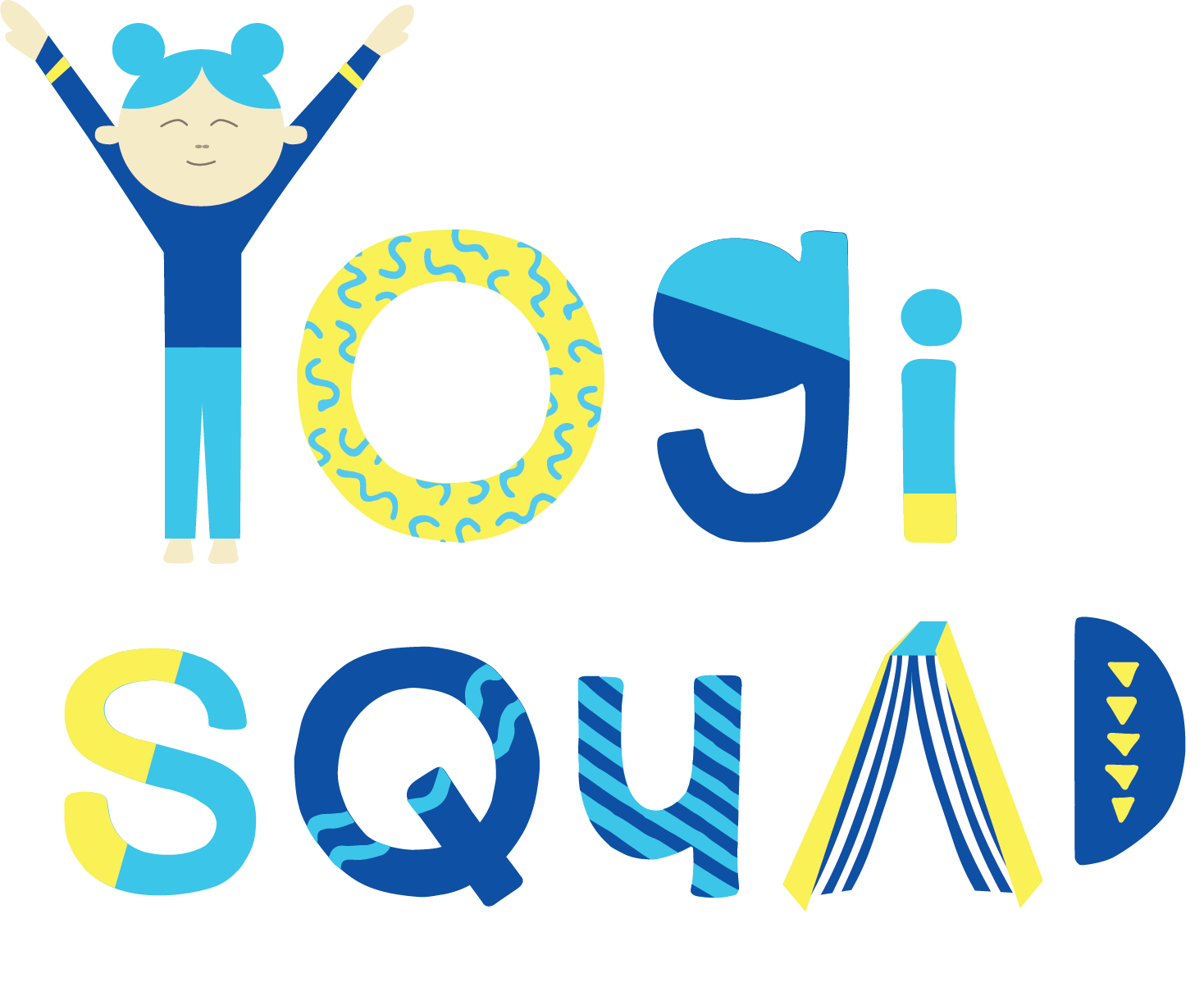Empowering Student Mental Health
The Transformative Impact of Yoga and Mindfulness
In the fast-paced world of education, students face mounting pressures to excel academically while navigating social challenges. As educators and parents, we often seek effective strategies to support their holistic development. One such research-backed approach with remarkable benefits for student mental health is the integration of yoga and mindfulness practices throughout the school year. Let’s explore how embracing yoga and mindfulness can significantly boost student mental health, academic performance, and overall well-being.
Elevating Academic Performance with Enhanced Mental Health
Recent studies have demonstrated that prioritizing student mental health through yoga and mindfulness practices can lead to substantial improvements in academic performance. By engaging in mindful breathing exercises, meditation, and yoga poses, students experience reduced stress and anxiety levels, leading to heightened focus and concentration in the classroom. Research from the Journal of School Psychology highlights that mindfulness practices positively impact cognitive skills, leading to better memory retention, problem-solving abilities, and overall academic achievement.
Nurturing Resilience and Managing Stress
The demanding school environment can overwhelm many students, resulting in stress and emotional challenges. Yoga and mindfulness practices offer a sanctuary of calm, equipping students with effective stress-management techniques. Regular practice builds resilience, empowering them to tackle challenges with a positive outlook. Research published in the The Journal of Alternative and Complementary Medicine show that mindfulness interventions significantly reduce anxiety and depressive symptoms, fostering emotional well-being and self-awareness.
Boosting Social-Emotional Skills for Positive Relationships
Healthy social interactions and emotional intelligence are vital for student mental health and future success. Through yoga and mindfulness, students develop emotional regulation skills, empathy, and compassion towards themselves and others. These practices create a safe space for self-reflection and self-expression, leading to improved communication and conflict resolution abilities. Research in the American Journal of Occupational Therapy supports the efficacy of yoga in enhancing social-emotional skills, resulting in better peer relationships and reduced behavioral issues.
Instilling Healthy Mental Health Habits
Consistency is paramount in reaping the full benefits of yoga and mindfulness practices for student mental health. By incorporating these practices into the daily routine throughout the school year, students learn the value of consistency and discipline, setting a strong foundation for lifelong healthy mental well-being. Multiple studies suggest that consistent yoga practice leads to improved sleep patterns, increased physical flexibility, and enhanced immune function, contributing to a healthy mental state.
Creating a Nurturing School Culture for Mental Health
Introducing yoga and mindfulness in schools fosters a positive school culture that prioritizes student mental health. As students embrace these practices, a sense of community, empathy, and support flourishes among peers. Teachers and staff also benefit from reduced stress levels and a greater sense of well-being, enhancing their effectiveness in supporting student mental health. A positive school culture nurtured by yoga and mindfulness creates an inclusive and nurturing learning environment for all, promoting the overall well-being of the school community.
Empowering students' mental health through yoga and mindfulness is a game-changer in the world of education. The transformative impact of these practices on academic performance, resilience, social-emotional skills, and overall well-being is incomparable. By prioritizing mental health, we lay a strong foundation for a generation of well-rounded, empathetic, and successful individuals. As educators, parents, and advocates for student mental health, let us harness the power of yoga and mindfulness to uplift and empower our students on their journey to mental well-being and academic excellence. Together, we can create a brighter future where every student thrives both academically and emotionally.
SOURCES:
Felver, J. C., et al. (2013). Mindfulness interventions in clinical and school settings: A review of the literature. Mindfulness, 6(6), 1288-1309. https://link.springer.com/article/10.1007/s12671-015-0389-4
Frank, J. L., et al. (2014). Mindfulness interventions in physical rehabilitation: A scoping review. American Journal of Occupational Therapy, 68(1), e1-e8. https://www.ncbi.nlm.nih.gov/pmc/articles/PMC4834757/
Klingbeil, D. A., et al. (2017). Effects of mindfulness-based interventions on disruptive behavior: A meta-analysis of single-case research. Journal of School Psychology.. https://www.sciencedirect.com/science/article/abs/pii/S0022440517300341
Meiklejohn, J., et al. (2012). Integrating mindfulness training into K-12 education: Fostering the resilience of teachers and students. Mindfulness, 3(4), 291-307. https://link.springer.com/article/10.1007/s12671-012-0094-5
Streeter, C. C., et al. (2010). Effects of yoga versus walking on mood, anxiety, and brain GABA levels: A randomized controlled MRS study. The Journal of Alternative and Complementary Medicine, 16(11), 1145-1152. https://www.ncbi.nlm.nih.gov/pmc/articles/PMC3111147/
Zoogman, S., et al. (2015). Mindfulness interventions with youth: A meta-analysis. Mindfulness, 6(2), 290-302. https://link.springer.com/article/10.1007/s12671-013-0260-4


